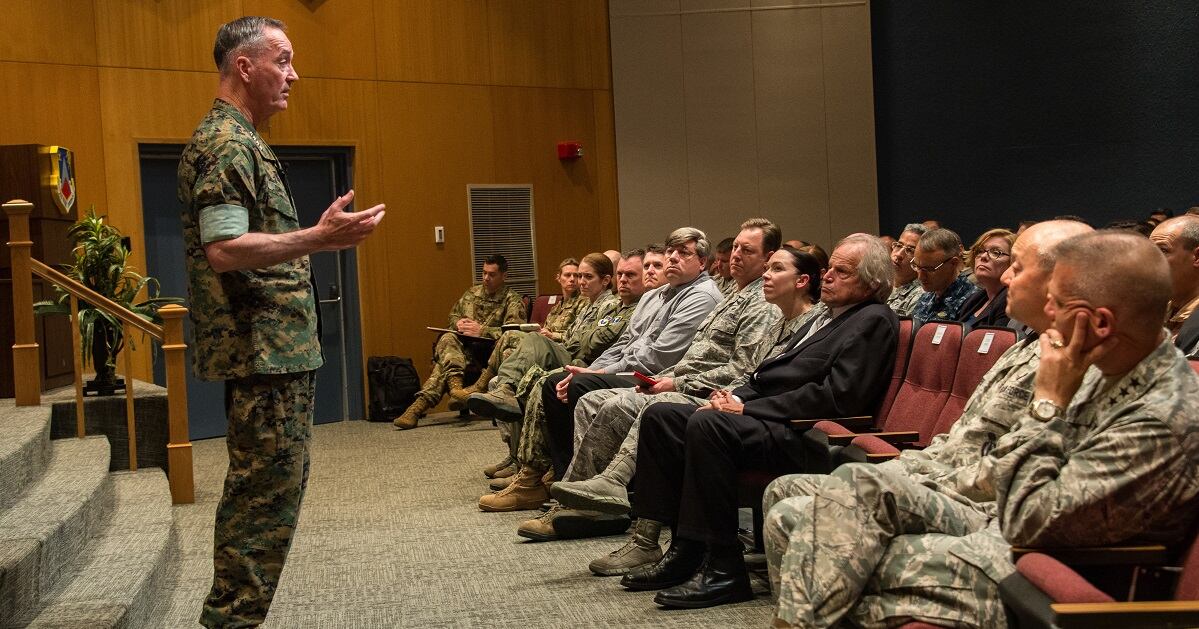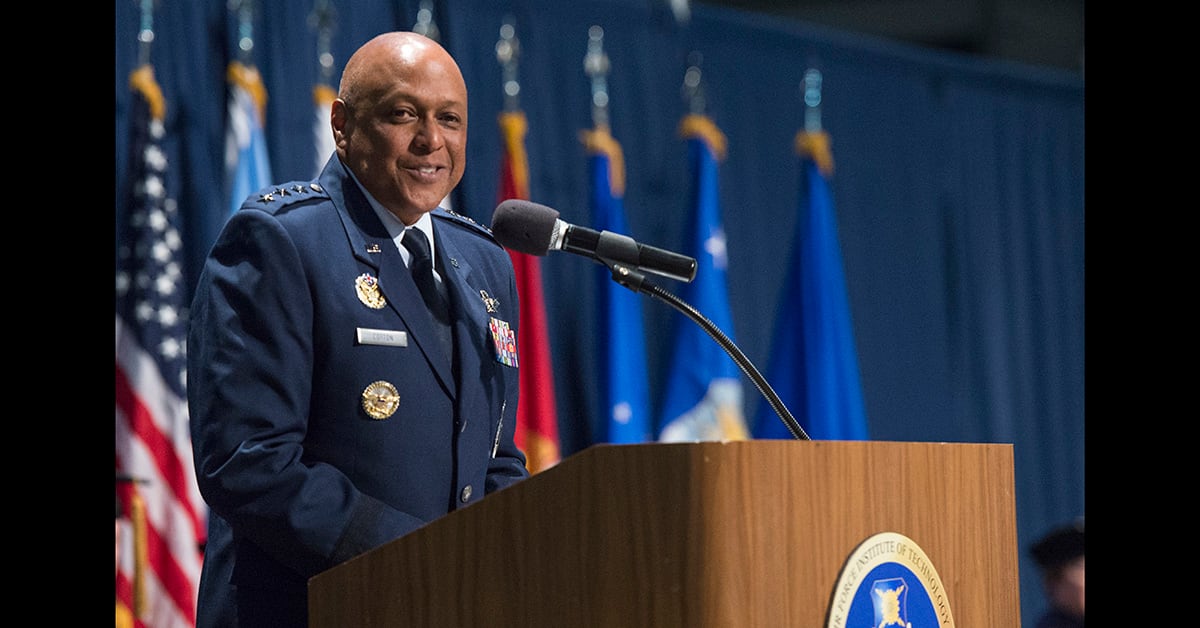For several years, it’s been a truism that many primary and secondary students don’t have the skills or knowledge base to enter the military. But just as important — and similarly a key military readiness issue — is the struggle that current service members face educating their own children.
All parents contend with the issue of education standards that may be inconsistent from school district to school district or state to state, and that may not properly prepare a child for career or college. Where military families differ is that they are highly mobile and their children often attend a different school every two to three years.
What that means is more than one million military-connected children are exposed to the varying quality levels of U.S. schools at a rate far exceeding that of their civilian counterparts. Military-connected children are regularly put at a disadvantage of being either ahead of or behind their peers.
RELATED

This disadvantage has a direct connection to military readiness. When military families make choices about whether to accept a particular duty station — or even depart the armed forces — their decision is based in part on the quality of the surrounding schools.
Given how frequently military families move, they experience some of the best (and unfortunately, worst) schools America has to offer. And given the law of averages, every military family is bound to be posted to at least one base serviced by poor schools. Some military families simply tire of playing “Russian roulette” with their children’s education and decide that civilian life provides more educational stability.
U.S. military leaders recognize readiness connection to education and the very real impact it has on the performance of military units. In one recent example, Air Force leaders are struggling to attract military families and faculty to take up residence in and around Maxwell Air Force Base in Montgomery, Alabama. Maxwell is home to the service’s Air University, which is a major education center that provides a range of programs including graduate level study.
“I’m running into a problem. I can’t find faculty,” said Lt. Gen. Anthony Cotton, commander of Air University. “I’m having a hard time getting folks to apply to be faculty members here as I’m trying to lure them away from schools in the Northeast, schools in Washington, D.C., schools in the Midwest, schools from San Jose — Silicon Valley — and once again the feedback I get is pretty simple: It’s about the school system."
RELATED

The issue has the attention of top military leaders concerned about the long-term impact on readiness. In a letter to the National Governor’s Association, the service secretaries of the Navy, Air Force and Army asked that the governors pay close attention to school improvement, acknowledging that the quality of the schools surrounding installations impacts the servicemen and women and their families.
“We are often asked what communities can do to support those who serve,” they wrote. “While focus on the mission is always our priority, the factors military families cite most frequently as drawbacks to military service include military dependent’s difficulty assimilating into local school systems following a duty station transfer, the quality of schools available for their children, and the ability of spouses to obtain jobs and sustain careers.”
Recognizing this issue, military leaders are working with the Association of Defense Communities on ways to address the problem. And for solutions to take root, a consensus is emerging that there should be far more engagement by base commanders with their local communities. Military base commanders are expected to ensure essential services that keep the home front running smoothly for military families, the group says, and education quality should be as high on their list as water quality.
The willingness of leaders to acknowledge the connection between the education of service member children and readiness is a good start. It signals a level of commitment from the top echelons of the military previously lacking. But ensuring quality education for these children as they move around the country every couple of years will require even greater commitment.
Ham is chairwoman of Military Families for High Standards.




